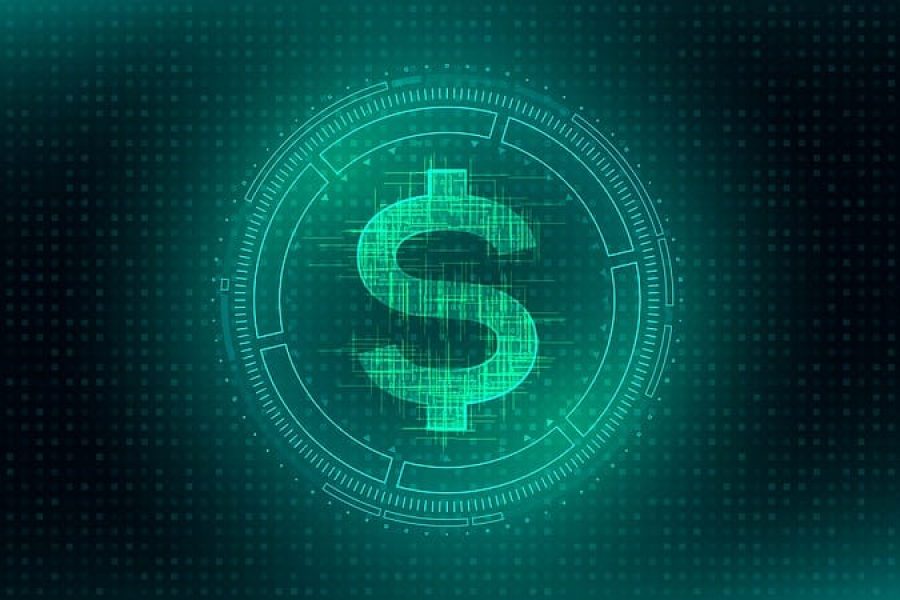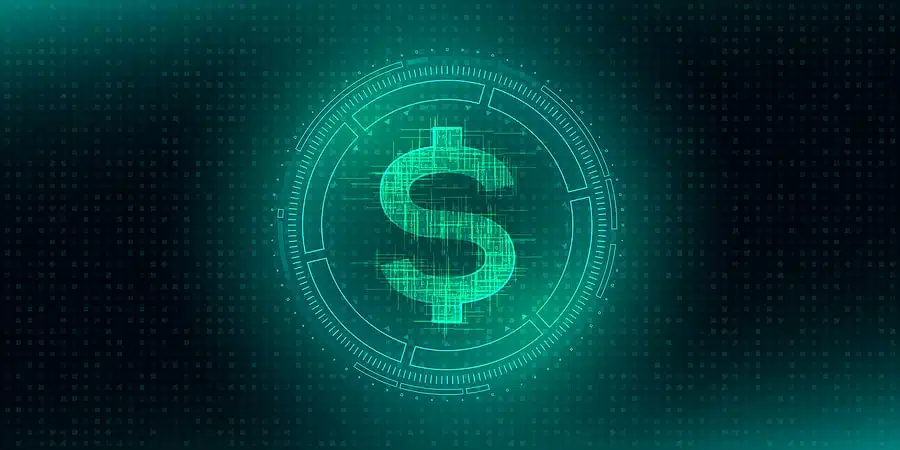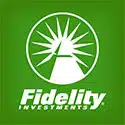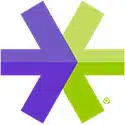A bill filed back in March by several US lawmakers may change the game when it comes to creating the digital dollar. If passed, the Electronic Currency and Secure Hardware (ECASH) Act will empower the US Treasury Department to spearhead the development of a virtual currency that may be used interchangeably with the US dollar.
Authored by lawmakers Jesús Chuy Garcia (D-Ill.), Stephen Lynch (D-Mass.), Ayanna Pressley (D-Mass.), and Rashida Tlaib (D-Mich.), the ECASH Act shows that the Treasury is a more appropriate government entity when it comes to the creation of an electronic currency, as opposed to the Federal Reserve. The bill also seeks to ensure the privacy and anonymity of individual consumers should they use the new currency for online and offline transactions.
What is an Electronic Dollar?
The ECASH Act defines an electronic or digital dollar as a bearer instrument or monetary analog that serves as legal tender and may be used in the same manner as conventional paper or metal currency.
The virtue of the digital dollar is that can be saved to one’s mobile device or encoded onto a card. Unlike a conventional debit card, the operating system for the digital dollar is token-based rather than account-based. That said, it performs the function of a virtual wallet and losing either the phone or card holding it will literally be like losing an actual wallet.
According to Willamette University assistant professor Rohan Grey, one of the technical experts consulted on the bill, the digital dollar will not have either a centralized or distributed ledger. Instead, as a token issued by the Treasury, it would use a secured hardware-software system.
The system is expected to support peer-to-peer transactions and has the advantage of being able to support transactions done in full anonymity.
Can it be Considered a Cryptocurrency?
The short answer: probably not as it allows for anonymous transactions and runs on a different system.
Most of the proposals previously made for a digital dollar were based on stablecoins and similar decentralized ledger instruments. For these, the blockchains behind them were design to keep track of all transactions and can trace these back to both senders and receivers.
The token proposed in the ECASH Act is different. Its users will not be subjected to the strict know-your-customer regulations imposed upon those paying through cryptocurrencies and conventional credit and debit cards. In fact, one could say that one can use the digital dollar with the same confidence as using conventional currency.
These digital dollars may be acquired through one’s bank, peer-to-peer transactions, or recognized / licensed distributors, and may be used in the same way as regular money.







